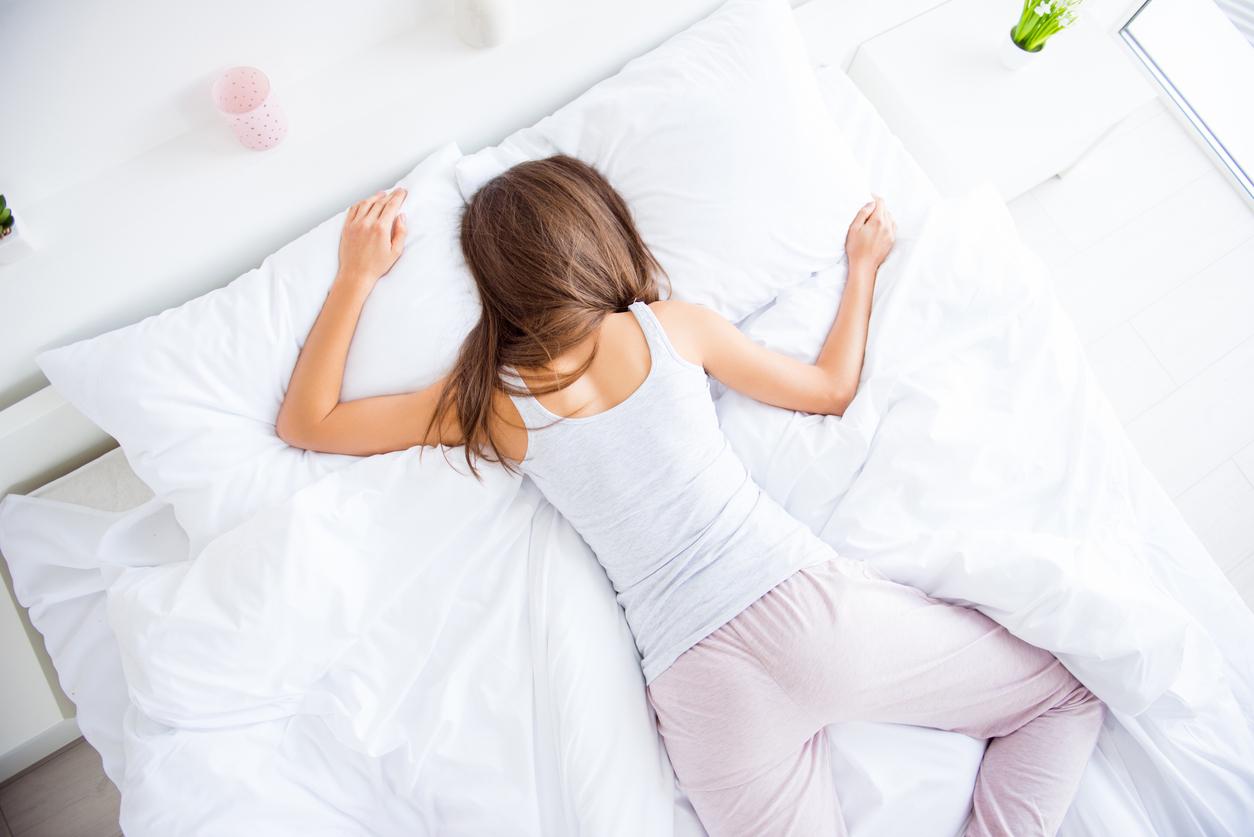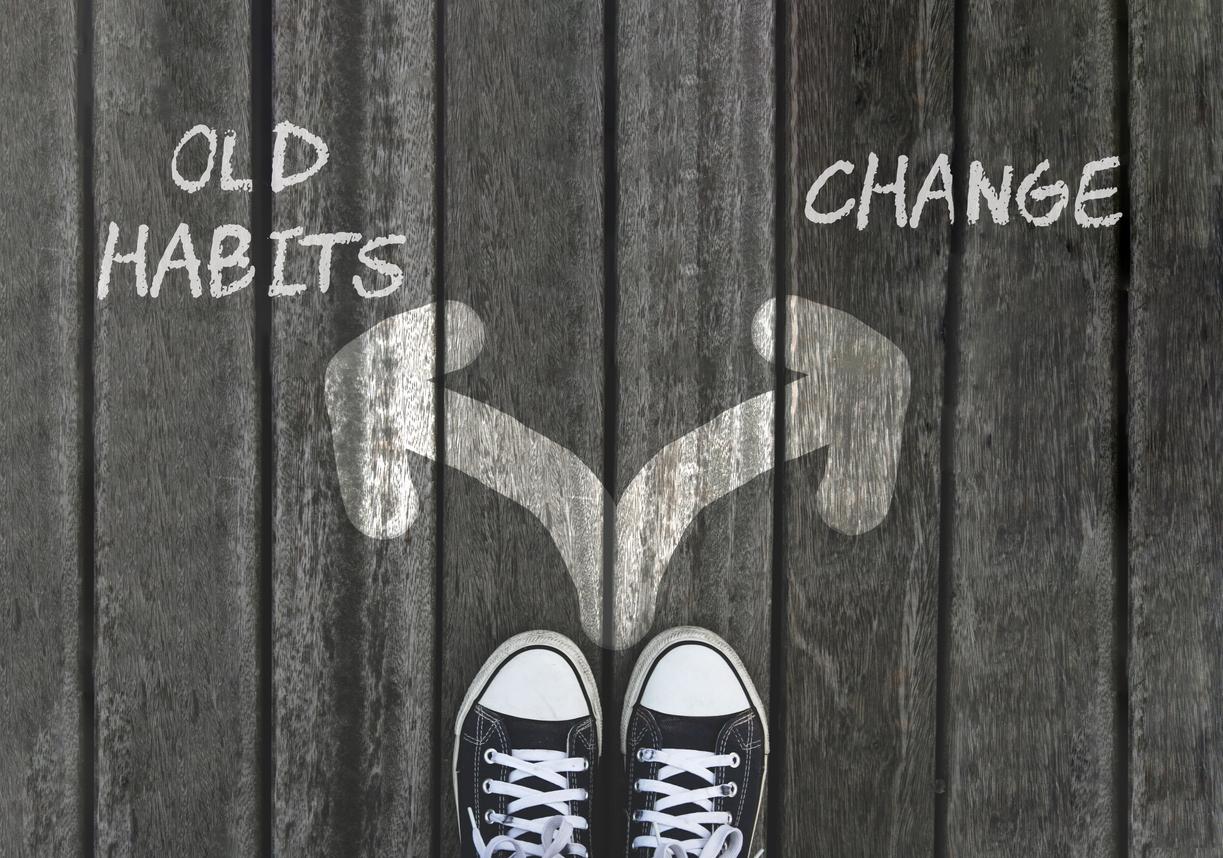
Why changing the clock causes sleeping problems
Good question! In this section Plusonline goes in search of answers to nagging questions. This time: do you sleep worse because of summer time?
Daylight saving time starts at the end of March. Although there has been discussion for years about the abolition of summer and winter time, this will unfortunately not happen for the time being. Getting used to winter time is not such a problem: the clocks go back an hour and you sleep an hour longer. It doesn’t bother you that much.
Summer time causes sleeping problems
But in the spring it is worse: the clocks go forward an hour in the spring and you sleep an hour shorter the night the clock is changed. It might not bother you on Sunday, but if you always go to bed at a set time, you’ll probably have trouble falling asleep on Sunday night. On Monday morning the alarm clock does ring and you suddenly have to get up an hour earlier – it feels like it.
This has consequences for your biological clock. This lasts a little longer than 24 hours a day and it tells you when it is time to go to sleep and when it is time to get up. This way you arrive at your optimal sleeping time. This clock adjusts itself by light. If you change the time, it will be light at other times and your biological clock will be disrupted.
Most people get used to daylight saving time within a few days, but there is also a group of people – especially evening people – who sleep worse than usual for weeks. Research has even shown that more heart attacks than normal occur in the first three days after switching to daylight saving time.
How can you get used to daylight saving time faster?
Do you always need a long time to get used to summer time? There are a number of things you can do yourself.
- Do you find that first Monday morning in summer time especially difficult? Then don’t stay in bed on Sunday, but get up early. Your biological clock can get used to it and there is a greater chance that you will fall asleep at an earlier time that Sunday evening.
- Get up immediately when your alarm goes off. It might be a little tricky, but snoozing just makes it harder.
- Provide light! Throw open those curtains, take a walk in the morning sun or start the day with some exercise.
- In the evening it is best to shut out the light as much as possible, so that your body starts producing melatonin. Blackout curtains can help. Dim the lights and watch as little as possible on your phone, tablet or television.
- Even for young children it often takes some getting used to when the time is changed. Start changing your bedtimes a few days earlier. This way the transition is less big.
Do you also have a good question? Send us an email.
















